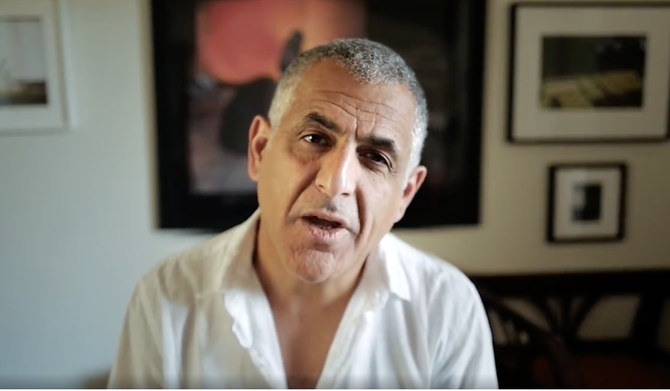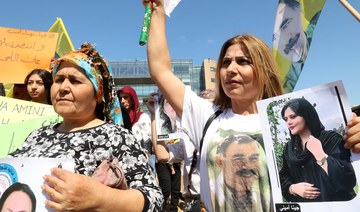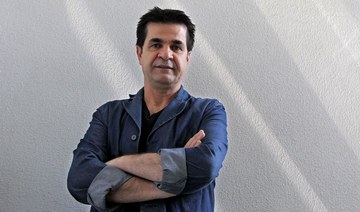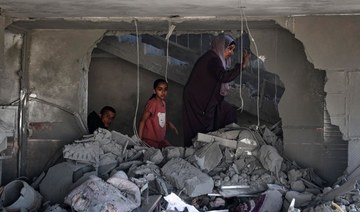DUBAI: Iranian filmmaker Mani Haghighi has been prevented from leaving Iran to attend the BFI London Film Festival, where his latest film “Subtraction” is being screened.
The movie made its debut at the Toronto International Film Festival last month, which Haghighi was able to attend. He then returned to Tehran, but when he tried to board a flight to London he was stopped by Iranian authorities without any “reasonable explanation,” he said in a video statement.
Haghighi has two theories on why he was stopped. The first is an Instagram video he posted recently criticizing Iran’s hijab laws and the crackdown on young people protesting against them.
He said that perhaps the authorities thought that by keeping him in the country they could keep a closer eye on him and shut him up.
“The very fact that I’m talking to you in this video right now kind of undermines that plan,” Haghighi said.
His second theory is that of an “exile in reverse,” whereby the authorities are forcing him to stay in Iran and making it a prison for him.
But he said: “I would rather be here than anywhere else in the world right now. So, if this is a punishment for what I’ve done, then, by all means, bring it on.”
Haghighi is not the first filmmaker to face the wrath of Iranian authorities. In July, acclaimed director Jafar Panahi was forced to serve a six-year jail sentence that had been handed down a decade ago, after he attempted to find information about fellow filmmakers Mohammad Rasoulof and Mostafa Aleahmad, who had been detained earlier.
“The BFI London Film Festival supports Haghighi and all filmmakers in their freedom to make their films and present them around the world,” a spokesperson for the event said.
“Earlier this week, in solidarity with imprisoned Iranian filmmakers and the brave women of Iran who are challenging for their freedom, BFI London Film Festival filmmakers and delegates joined Festival Director Tricia Tuttle in a moment of solidarity and reflection.”
























